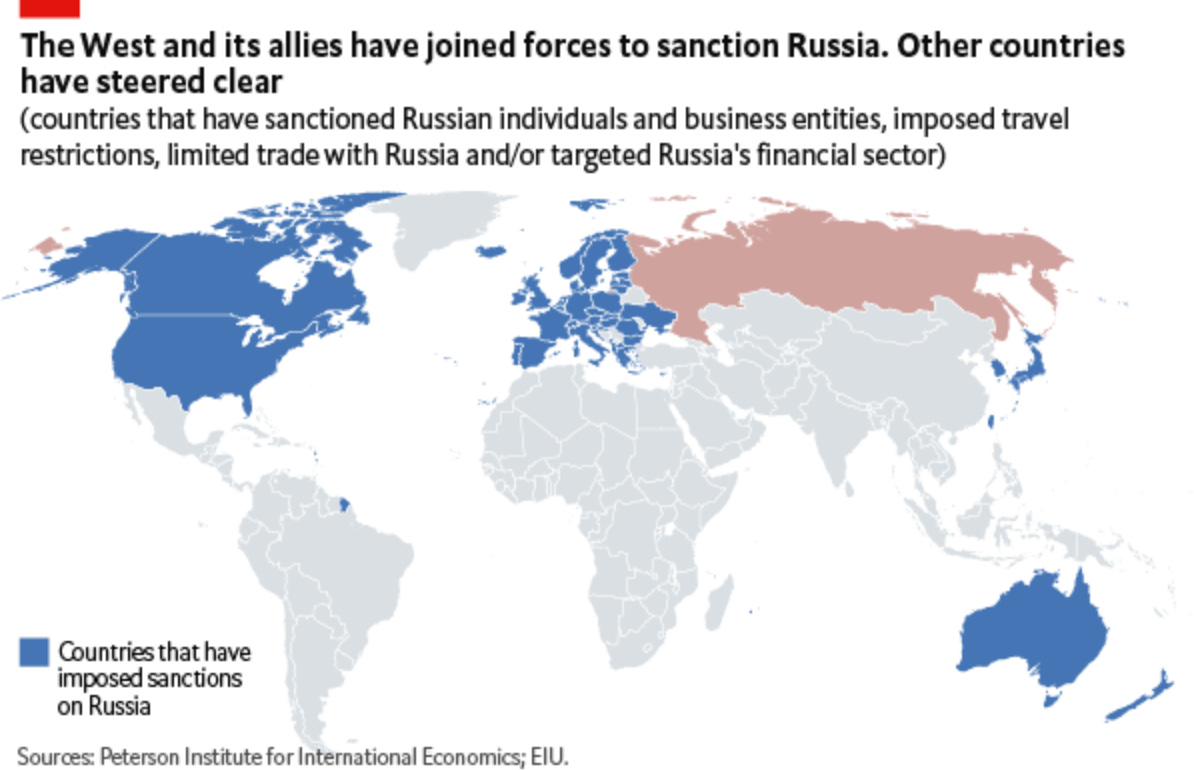Earthling: Israel, Russia, and the rules-based order
Plus: Preventing future lab leaks, rare earth minerals not rare, Cold War II updates, and more!
This week—while Secretary of State Antony Blinken was visiting Jerusalem, as it happens—Israel launched a drone strike on a military facility in Iran.
At a press conference with Israeli Prime Minister Benjamin Netanyahu the next day, Blinken referred to the attack as an act of war and a violation of international law. Just kidding! That’s what Blinken says when Russia violates international law by engaging in aggression against other countries. What Blinken actually said, standing next to Netanyahu, was that the two of them had “discussed deepening cooperation to confront and counter Iran’s destabilizing activities in the region and beyond.”
We will leave it for others to argue about which countries have done the most to destabilize the Middle East; there are plenty of candidates for that honor, including the US and Israel. What is less debatable is that if you ask which countries have committed the most acts of transborder aggression that violate international law, Israel is way, way ahead of Iran.
Israel has conducted numerous operations that—like this one—were special ops attacks against Iran launched from within Iran (perhaps most memorably, using a remote controlled robotic machine-gun to kill an Iranian nuclear scientist in 2020 as he took a drive with his wife). And Israel has conducted countless strikes on Iranian or Iran-allied forces in Syria—which are also illegal, since they’re against the wishes of the Syrian government.
These things don’t come in response to Iranian attacks on Israel, and Iran doesn’t respond to them by attacking Israel. They just happen and then happen again and then happen again.
But who are we to talk? America’s troops in Syria are also violating international law, since the Syrian government doesn’t want them there (not to mention that these troops facilitate the theft of Syria’s oil).
Of course, Israel and the US have their reasons. Israel doesn’t want Iran to build ballistic missiles (the reason for the latest strike), or to develop nuclear technology that might someday be used for a bomb, or to keep sending weapons to Hezbollah (hence some of the strikes in Syria). And the US says its troops are in Syria to help the Kurds and fight the remnants of ISIS.
But countries that violate international law always say they have their reasons. Russia says it invaded Ukraine to protect ethnic Russians who felt imperiled or persecuted by the Ukrainian government (as no few in fact did). To say that you oppose violations of international law except when the violators can come up with a rationale is to say, in effect, that you don’t oppose violations of international law.
Israel’s attack on Iran was overshadowed in the media by turbulence in Israel’s more immediate neighborhood. After Israeli soldiers killed nine Palestinians in a West Bank raid targeting militants, a Palestinian retaliated by killing seven Israelis, and settlers across the West Bank retaliated by attacking Palestinians.
The construction of every Jewish settlement on the West Bank, by the way, is a violation of international law; the third Geneva Convention, which Israel signed, prohibits the transfer of civilian populations into territory acquired by force. The US has, with rare exception, not only turned a blind eye to this fact but used its UN Security Council veto to stifle official recognition of it. If, after the Ukraine War, Russian civilians migrate into Ukrainian territory still held by Russia, you may see US officials exhibit a newfound appreciation of the Third Geneva Convention.
Some Americans have been surprised at how many nations haven’t rallied behind the West’s efforts in support of Ukraine. There are various reasons for this lackluster support, but one of them is surely that what Americans see as nobly upholding the “rules based order” many foreigners see as a hypocritical power play—as defending a system in which America makes the rules and then decides who gets to break them.
China’s digital currency and its “everything app” WeChat are together forming a “superhighway of money and data” that challenges America’s dominance of international finance, according to former Greek Finance Minister Yanis Varoufakis.
He says this highway didn’t have many travelers until, after the invasion of Ukraine, the US froze $300 billion in Russian central bank reserves that had been deposited abroad—thus raising doubts about the safety of assets kept in a global financial system essentially run by the West.
Varoufakis’s remarks came in a speech in Havana about the need for a new Non-Aligned Movement, somewhat like the one that arose during Cold War I, which consisted of nations that didn’t want to choose sides. To be non-aligned, Varoufakis said, means to be “steadfastly on the side of the invaded, the victims of aggression, whether they are in Palestine, in Yemen, in Cuba, in Western Sahara, or indeed in Ukraine.”
Gabor Maté taped a Nonzero Podcast conversation last week to discuss his bestselling book The Myth of Normal. That episode won’t air until next week, but we’re giving early access to paid subscribers, who can watch or listen to the conversation here.
The good news for Ukraine is that yet another potent western weapons system is reportedly headed its way—American missiles that travel 95 miles, double the range of the HIMARS missiles already provided by the US. Plus, Germany agreed to send Ukraine 88 Leopard 1 tanks—only a week after it reluctantly allowed other European countries to send roughly that number of the newer Leopard 2 tanks (and threw in a few of its own).
Now for the bad news:









